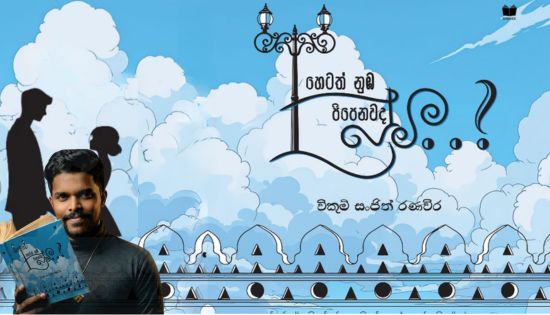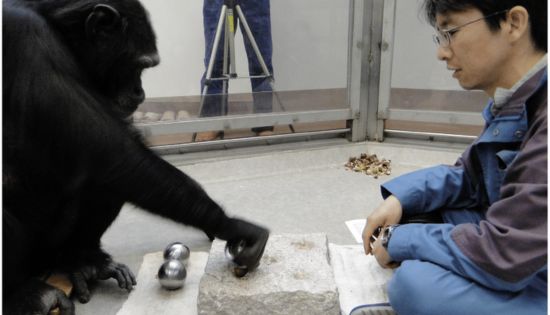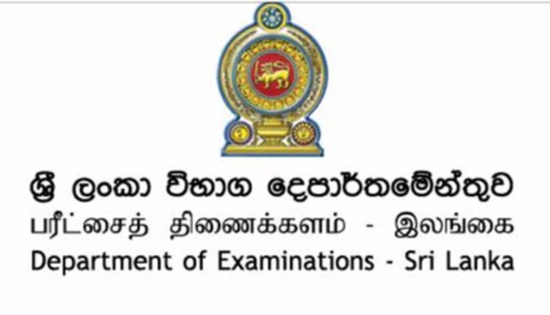Education Reforms Move Forward Amid Debate
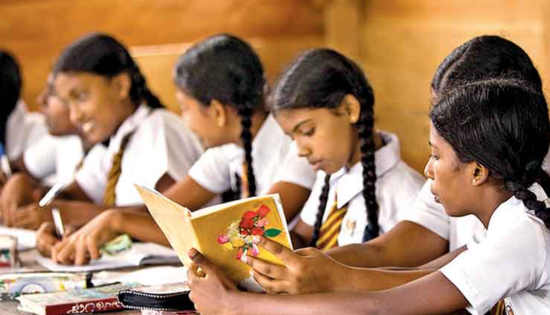
Despite ongoing concerns voiced by teacher unions, the government is steadily advancing its ambitious education reform agenda. In a significant step forward, the Ministry of Education, Higher Education, and Vocational Education has issued two comprehensive circulars outlining structural changes for both primary and secondary education sectors.
The reforms are set to begin in 2026, starting with a revised curriculum and timetable for Grade 1 students. Simultaneously, the junior secondary curriculum will undergo a phased transformation. The new syllabus will first be introduced to Grade 6 students in 2026. This will be followed by a gradual rollout across the remaining grades:
- Grade 7 in 2027
- Grade 8 in 2028
- Grades 9, 10, and 11 in 2029
These sweeping changes are designed to modernize the national curriculum, promote student-centered learning, and ensure that Sri Lanka’s education system remains responsive to global trends and future workforce demands. While the reforms have sparked debate, particularly among educators, the government remains committed to implementing them in a structured and inclusive manner.
Related News
Four-Day Hulftsdorp Bookfest Begins at Sri Lanka Law College
The ‘Hulftsdorp Bookfest’, organized by the Sri Lanka Law Students’ Sinhala Union, will be held for four days starting today (17th) on…
Read More2025 GCE O/L Exam begins today
The 2025 General Certificate of Education Ordinary Level (GCE O/L) examination began today at 3,545 examination centers across the island. Commissioner General…
Read MoreSri Lanka Shines with Bronze at the Young Chef Olympiad2026
The 12 th edition of the Young Chef Olympiad 2026 (YCO26) recently concluded in Kolkata,India, with Sri Lanka proudly claiming the Bronze…
Read MorePaper Plane crash lands in Galle Fort for literary showcase
Galle Fort, the historic coastal enclave, hosted a two-day literary gathering to mark the arrival of Paper Plane, the debut novel by…
Read MoreRefer the correct timetable: important notice for GCE O/L students
Commissioner General of Examinations Indika Kumari Liyanage has urged candidates to pay special attention to the timetable for the 2025 (2026) GCE…
Read MoreCourses
-

The future of higher education tech: why industry needs purpose-built solutions
For years, Institutions and education agencies have been forced to rely on a patchwork of horizontal SaaS solutions – general tools that… -

MBA in Project Management & Artificial Intelligence – Oxford College of Business
In an era defined by rapid technological change, organizations increasingly demand leaders who not only understand traditional project management, but can also… -

Scholarships for 2025 Postgraduate Diploma in Education for SLEAS and SLTES Officers
The Ministry of Education, Higher Education and Vocational Education has announced the granting of full scholarships for the one-year weekend Postgraduate Diploma… -

Shape Your Future with a BSc in Business Management (HRM) at Horizon Campus
Human Resource Management is more than a career. It’s about growing people, building organizational culture, and leading with purpose. Every impactful journey… -

ESOFT UNI Signs MoU with Box Gill Institute, Australia
ESOFt UNI recently hosted a formal Memorandum of Understanding (MoU) signing ceremony with Box Hill Institute, Australia, signaling a significant step in… -

Ace Your University Interview in Sri Lanka: A Guide with Examples
Getting into a Sri Lankan sate or non-state university is not just about the scores. For some universities' programmes, your personality, communication… -

MCW Global Young Leaders Fellowship 2026
MCW Global (Miracle Corners of the World) runs a Young Leaders Fellowship, a year-long leadership program for young people (18–26) around the… -

Enhance Your Arabic Skills with the Intermediate Language Course at BCIS
BCIS invites learners to join its Intermediate Arabic Language Course this November and further develop both linguistic skills and cultural understanding. Designed… -

Achieve Your American Dream : NCHS Spring Intake Webinar
NCHS is paving the way for Sri Lankan students to achieve their American Dream. As Sri Lanka’s leading pathway provider to the… -

National Diploma in Teaching course : Notice
A Gazette notice has been released recently, concerning the enrollment of aspiring teachers into National Colleges of Education for the three-year pre-service… -

IMC Education Features Largest Student Recruitment for QIU’s October 2025 Intake
Quest International University (QIU), Malaysia recently hosted a pre-departure briefing and high tea at the Shangri-La Hotel in Colombo for its incoming… -

Global University Employability Ranking according to Times Higher Education
Attending college or university offers more than just career preparation, though selecting the right school and program can significantly enhance your job… -

Diploma in Occupational Safety & Health (DOSH) – CIPM
The Chartered Institute of Personnel Management (CIPM) is proud to announce the launch of its Diploma in Occupational Safety & Health (DOSH),… -

Small Grant Scheme for Australia Awards Alumni Sri Lanka
Australia Awards alumni are warmly invited to apply for a grant up to AUD 5,000 to support an innovative project that aim… -

PIM Launches Special Programme for Newly Promoted SriLankan Airlines Managers
The Postgraduate Institute of Management (PIM) has launched a dedicated Newly Promoted Manager Programme designed to strengthen the leadership and management capabilities…
Newswire
-
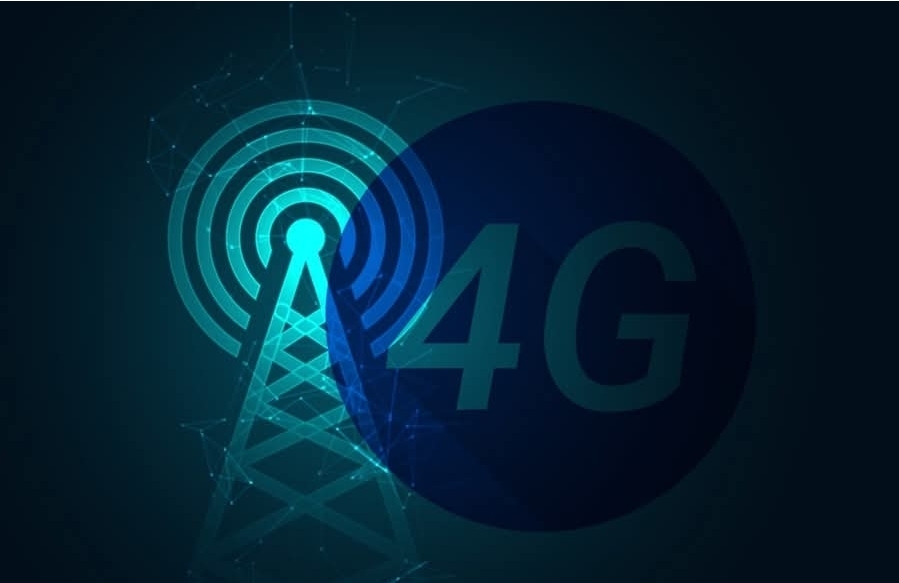
New guidelines approved to revive stalled 4G expansion drive
ON: February 17, 2026 -
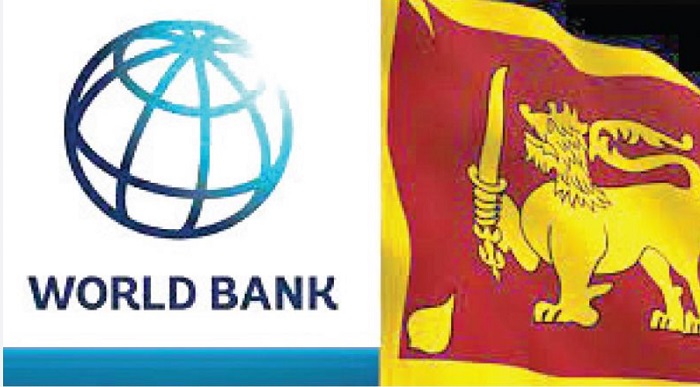
Cabinet approves US$400 million World Bank facility for reforms
ON: February 17, 2026 -
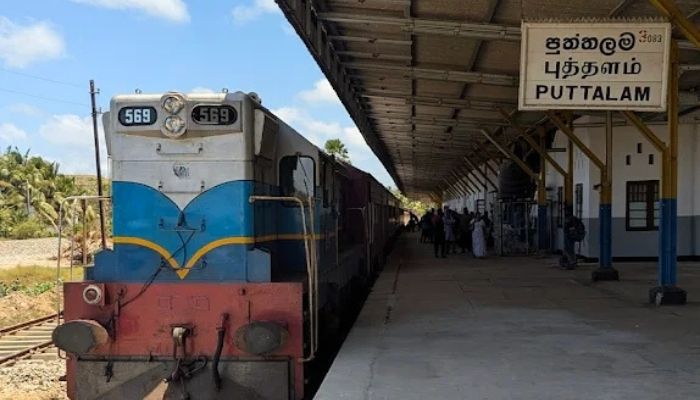
Planned Locomotive Union strike called off after Army training postponement
ON: February 17, 2026 -
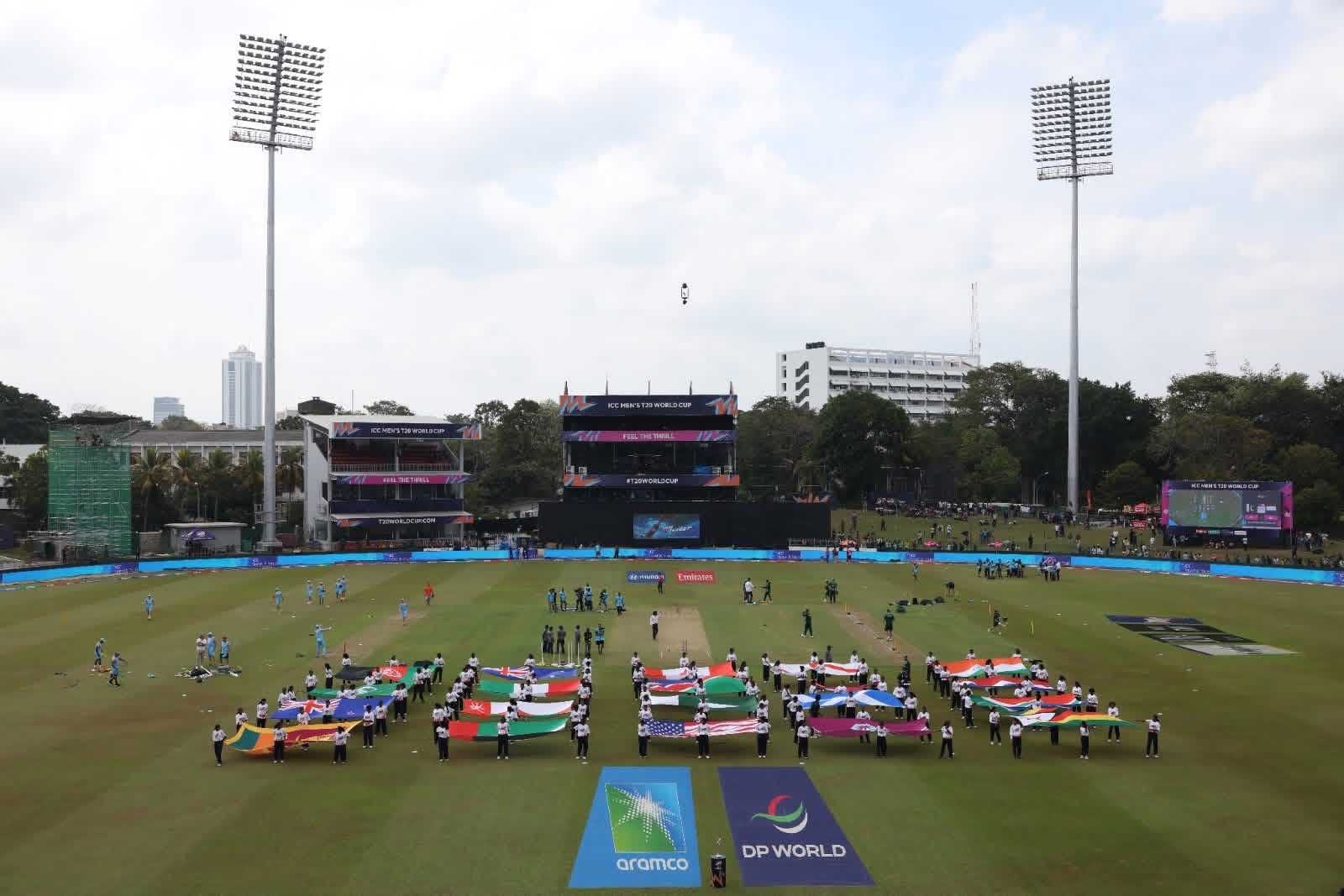
Free entry for SSC’s last T20 World Cup Game
ON: February 17, 2026

